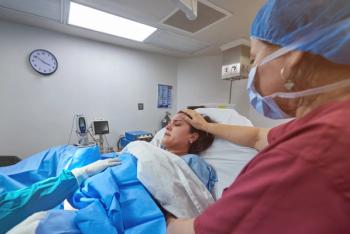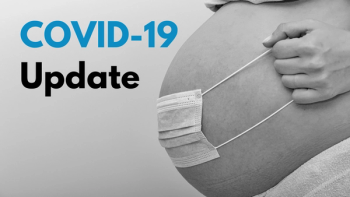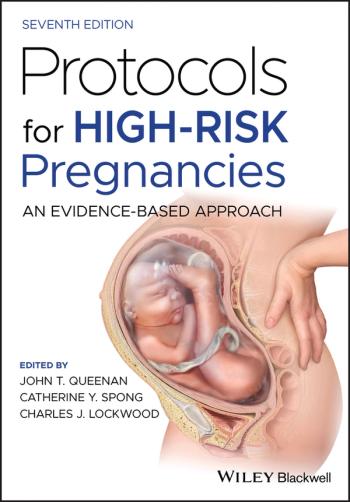
Allegations in this case include negligence in performing a McRoberts maneuver and unnecessary vacuum-assisted extraction.

Allegations in this case include negligence in performing a McRoberts maneuver and unnecessary vacuum-assisted extraction.

It was a very busy week for the Contemporary OB/GYN® team.

End the year on a good note with the perfect gift.


A 12-week course of low-intensity resistance training in postmenopausal women with osteoporosis or osteopenia was found safe and an effective method to improve muscle strength, bone formation markers and balance, according to a study in the Journal of Exercise Science and Fitness.

In this video interview, Senior Editor Angie DeRosa talks with Linda Fan, MD, about the rise of telehealth as the pandemic enters the second stage.

U.S. FDA staff have recommended monitoring individuals who get the Pfizer or Moderna vaccine shots for possible cases of Bell’s palsy.

Flavonoids promote bone deposition and inhibit bone resorption, according to a review of flavonoids in bone erosive diseases.


A small clinical trial has found that transvaginal high-intensity focused ultrasound (vHIFU) is a promising treatment for women with symptomatic uterine leiomyomas.

COVID-19 exacerbated the global need for reliable healthcare information, but the unparalleled urgency and shrinking timeline made things difficult for providers.

COVID-19, racial and gender equality, the rising role of telehealth - many factors converged to make 2020 a year we won’t soon forget. Here is where the industry stands.

Data on COVID-19 during pregnancy, as reported by the CDC, in collaboration with state, local, and territorial health departments and external partners.

What to look forward to this week on Contemporary OB/GYN.


Could you recognize this rare vulvar condition?

This article presents a clinical algorithm and four cases to consider.

Snapshot: Protocol 56 - Shoulder Dystocia

By the time you read this, Pfizer Inc. will be close to beginning distribution of its COVID-19 vaccine.

What a year 2020 has been! We hope to look back on it and recognize it as an outlier or anomaly—hoping life will at some point return to normal.

As the year comes to a close, we would like to recognize all of the people who have contributed to the growth and continued success of Contemporary OB/GYN.

In the largest meta-analysis study to date, researchers find that a levonorgestrel-intrauterine system (LNG-IUS) used for 3 to 6 months is likely more effective than non‐intrauterine progestogens for reversing endometrial hyperplasia (EH).

What to look for this week on Contemporary OB/GYN

Agile Therapeutics, Inc. announced today the U.S. commercial launch of Twirla (levonorgestrel and ethinyl estradiol) transdermal system, a new non-daily, non-invasive contraceptive patch.

Seven women’s health-focused organizations have formed the Alliance for Endometriosis to improve the lives of women afflicted with the disease.

A Chinese study found that low‐dose computed tomography (LDCT) imaging is a viable alternative to standard dual‐energy X‐ray absorptiometry (DXA) scans for the opportunistic screening of osteoporosis.

It was a very busy week for the Contemporary OB/GYN team.

Inflammation, neurogenic inflammation, neuroangiogenesis, peripheral sensitization and central sensitization all contribute to chronic pain in endometriosis, according to a review in the journal Frontiers in Cellular Neuroscience.

The vast majority of cancer survivors reported that they experience sexual side effects after chemotherapy, radiation and other cancer treatments according to the results of a survey presented at the annual meeting of the American Society for Radiation Oncology.

It has yet to be fully elucidated why postmenopausal women have a higher prevalence of benign paroxysmal positional vertigo (BPPV); however, the sudden decrease in estrogen during menopause can cause a rapid decrease in estrogen receptors, which may disturb otoconial metabolism and thus, increase the prevalence of BPPV.